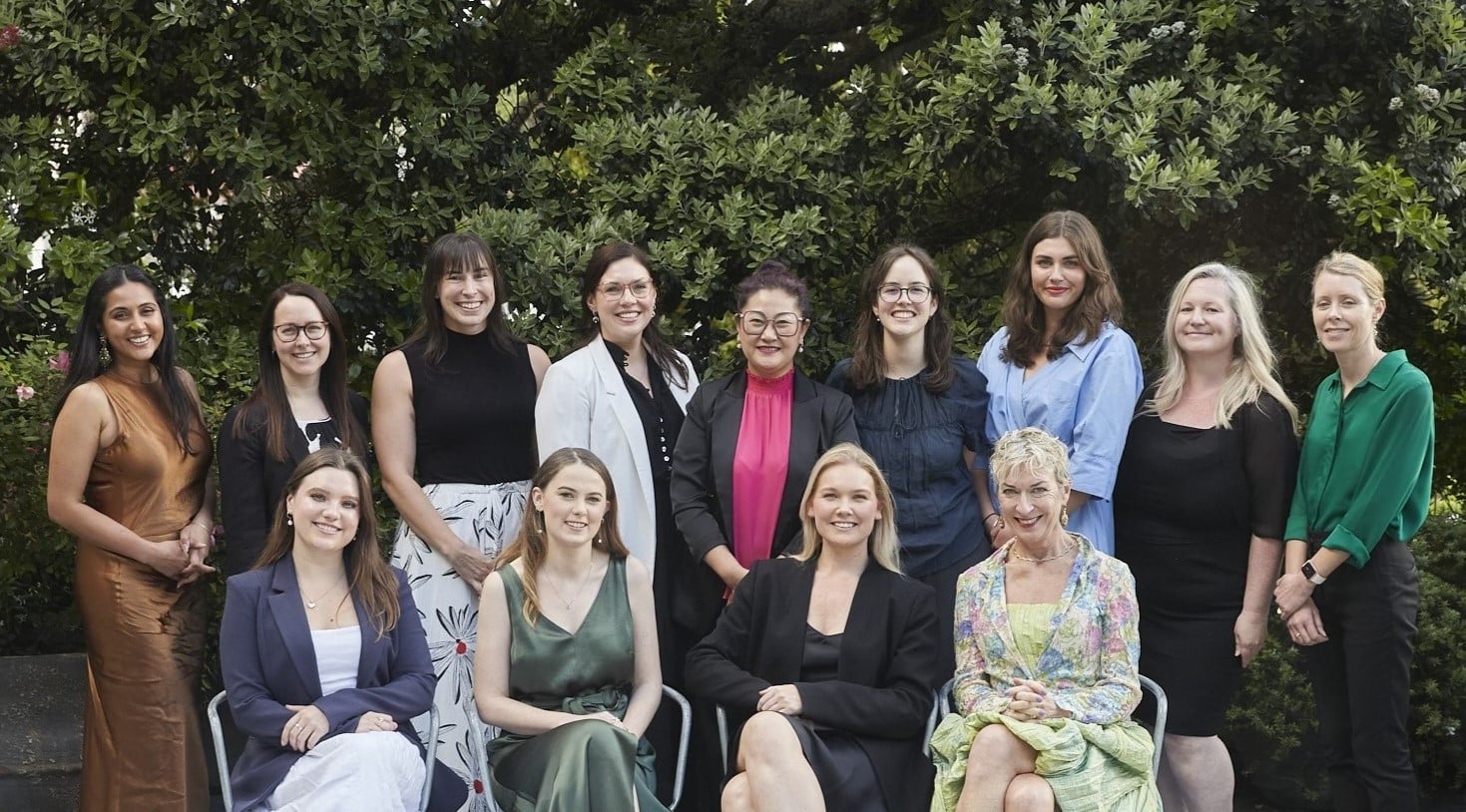President: Sarah Carstens | Vice-President: Rachael Reed KC
The theme for 2010 was building your own success – the tools and skills needed to fulfil our aspirations.
The New Zealand Bar Association’s Equitable Briefing Policy was launched.
In February, Phillipa Muir spoke at the President’s function.
AWLA’s submitted on the Ministry of Justice’s Consultation Document: A Focus on Victims of Crime: A Review of Victims’ Rights. AWLA supported the intent of the proposed changes to the Victim Rights Act 2002 and were of the view that the amendments would serve to strengthen and better facilitate the rights of victims of crime. AWLA’s submissions addressed a number of areas including:
- The proposed Victims Services Centre: AWLA supported having a centralised agency to coordinate the services of the various victims’ support agencies and advocated for establishing three centres in Wellington, Auckland and Christchurch to increase access to victims’ support services;
- Accountability: AWLA supported the implementation of a code of practice for victims of crime (Code) so that relevant agencies were accountable for their actions. AWLA advocated for the provision of victim support services to apply to any person who has made a complaint to the Police regardless of whether the complaint is pursued and for the provision of a victims advisory unit within the Police to improve the relationship of Police with victims. AWLA proposed that criminal justice sector government agencies employ procedures to address complaints arising from breaches of the Code;
- Improving the role of victims in criminal courts: While acknowledging that the role and independence of the prosecutor must be preserved, AWLA recognised the right of the victim to be kept informed of the progress of the prosecution and put forward ways communication could be improved. AWLA submitted that section 14 of the Act should be amended to allow a support person to be given information under sections 11 and 12 of the Act on a victim’s behalf on their request;
- Providing victims’ information to the court: In principle, AWLA supported the idea that victim impact statements (VIS) should not be subject to undue censorship but submitted that some residual discretion to censor VIS should be provided for;
- Improving the victim notification system: AWLA supported the tailoring of the existing victim notification system;
- Victims of child and youth offenders: AWLA supported the proposal that the Act be amended so that it applies to victims of child and youth offenders where appropriate;
- Non-reporting of domestic abuse/sexual offending: AWLA listed a number of factors it considered commonly dissuade women from reporting such crimes; and
- Suggested proposal to specifically assist victims of both domestic and sexual violence: AWLA supported the proposal to add civics education to the school curriculum and submitted it should include a module on victims’ rights to educated young people.
In April, AWLA submitted on a Human Rights Commission (HRC) discussion document concerning human rights and women. AWLA called for Crown policy and legislation to address poverty issues disproportionately facing women. It critiqued the lack of flexible working arrangements and breastfeeding legislation, observing “while the new laws on their face are a step in the right direction, they lack teeth.” AWLA agreed with the discussion document’s concerns about the disproportionate lack of women in leadership positions in large companies, the public sector and politics in comparison with the number of women entering the workforce and enrolling in tertiary education. Further, several recommendations were made to reduce the level of non-reporting of sexual offending and violence.
AWLA raised over $8,000 at a Dress for Success charity auction in August.
The HRC’s 2010 census of women’s participation issues showed 43 per cent of practising certificates were held by women, yet out of firms with >10 partners, only 18.24 per cent of partners were women. Further, only 26.03 per cent of judges were women.
Hon. Judge Kate Davenport KC presented on getting out of your comfort zone and putting yourself forward at the mid-winter dinner.
The Dame Silvia Cartwright lecture was presented by former MP Hon. Georgina te Heuheu QSO, who was the Minster for Courts, Minister for Disarmament and Arms Control and Associate Minister of Māori Affairs.
At the end of year function, Denese Bates KC and her daughter presented on the progress of women in the law, and in business, and suggestions on how these challenges may be met in the future.

